There’s no denying we are living in a completely digital age. With advancements in automation, online tools, technology and artificial intelligence changing minute by minute, it can sometimes seem a bit overwhelming to try to stay on top of it all. But can you actually imagine a future where websites become obsolete? Or is that just in the realm of the unthinkable?
Well, believe it or not, the Internet is changing and as we navigate our way through the growing numbers of mobile internet users over desktop, it’s important for your small business to keep abreast of digital trends and to make sure you are using the right tools that make sense for your business.
So, which is best?
Some feel that if you have a website, that is mobile optimised, then having an app is unnecessary. Others believe that apps have benefits that websites can’t compete with, which, over time, will make websites become obsolete.
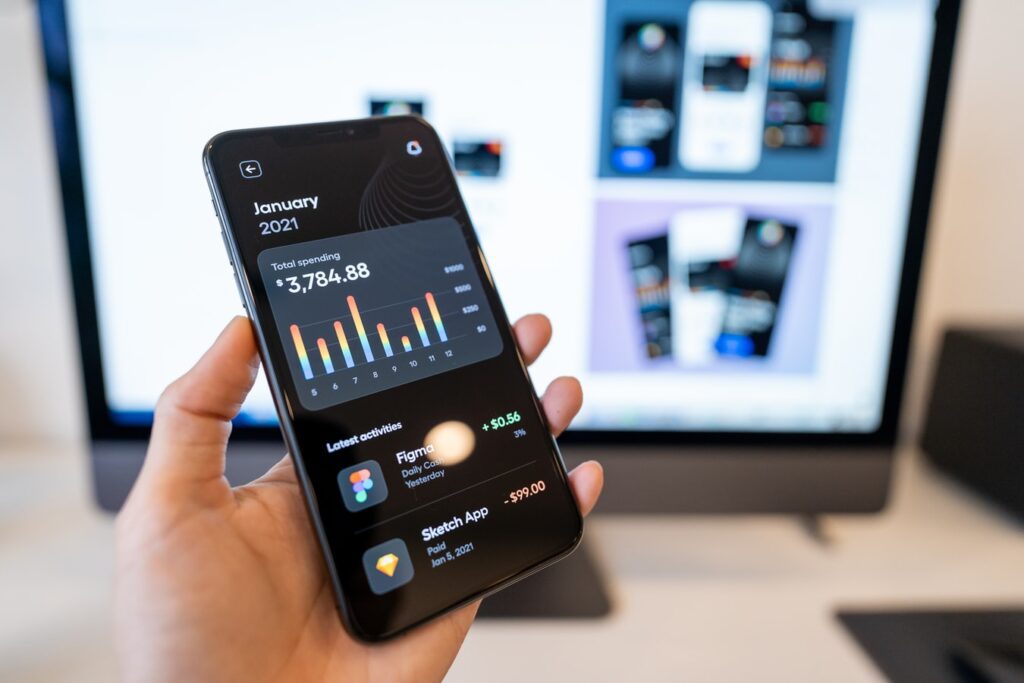
We agree with both, but we also strongly feel that if you do have a website in this day in age, it’s a no brainer that your website has to be optimised for mobile and should have a responsive design. Not only does this make the audiences’ journey a seamless one, but it’s also easier for them to navigate through your site, have a positive customer experience, be exposed to your brand and can have a positive influence on conversions.
Speak to one of our consultants on how we can help your small business website get optimised for mobile.
Next, let’s get into it and weigh up the pros and cons of apps vs. websites.
Apps
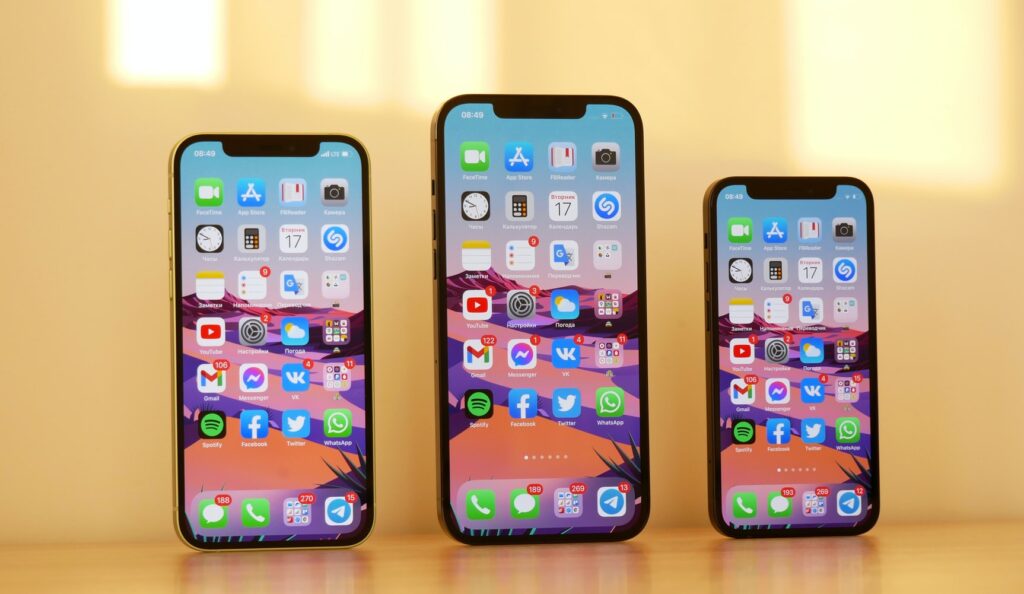
Pro’s
It’s easy.
A well-designed application is easy in so many ways. Easy for the user to install. Easy for the user to navigate. Easy for the user to update. Easy, easy, easy! Having this ease of use allows for a smoother user experience.
It’s convenient.
An app is stuck to you like glue, as is your smartphone and it’s available in the palm of your hand instantly. With this being said, it’s really no wonder why people are spending more time on their mobiles than their desktops. Convenience is key! The best part is the user can still continue to use your app almost anywhere even if they are not in Internet connectivity, as many apps have functionality that can be used offline.
It works on your phone.
Having an app on your smartphone serves a different need to websites as it allows access to all functions that your mobile offers. Functions such as Bluetooth, camera, address book, contact details, GPS, voice activations such as Siri, calendar and so on. This reduces effort from the consumers perspective as instead of having to physically scan and send a document off, they can just whip out their camera and send the image instantly. Users find getting a job done quickly and effortlessly gives a higher rate of satisfaction in the long run.
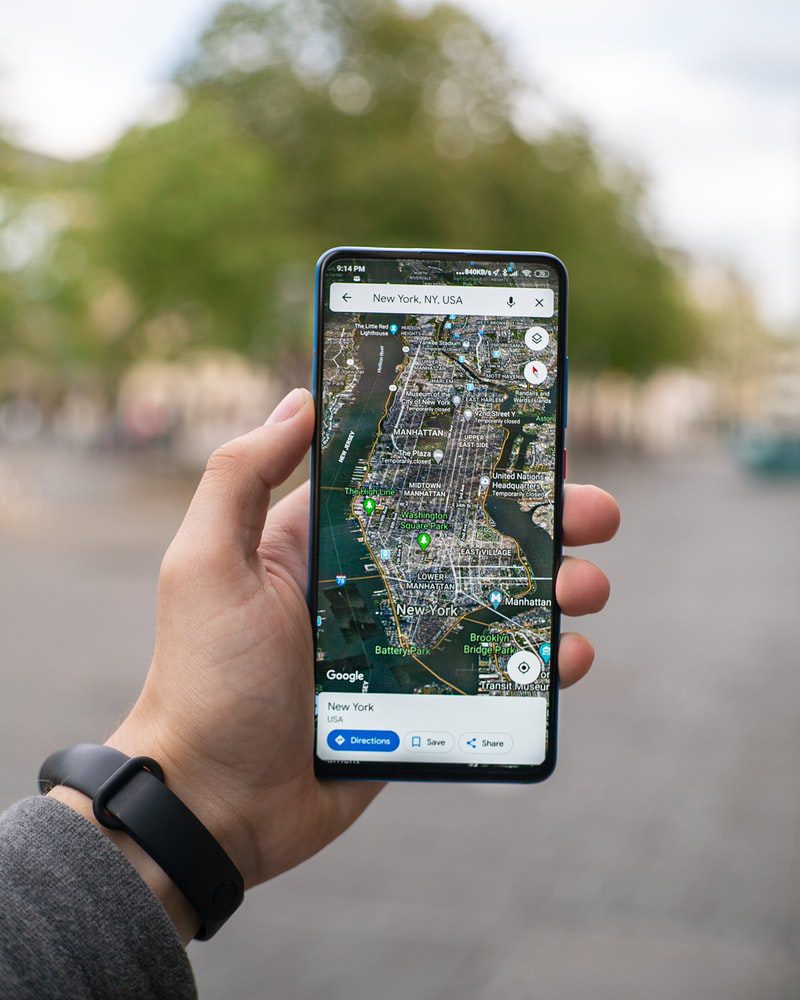
It’s personal.
Apps are able to personalise the experience for the user based on locations, interests as well as allowing the user to set preferences from the very moment the app has been installed. The app developer is able to track usage, analytics, engagement and will have a very clear indication of where improvements can be made or where they can offer recommendations to the user.
It’s not invasive.
Gone are the days of those annoying pop up’s that appear on your screen as soon as you land on a website. Apps only allow for push and in-app notifications which lets the user feel that their privacy is less intruded, and they get to choose when they are exposed to this kind of information. This is one of the major reasons why consumers lean towards using apps in the first place!
It gives your business more branding opportunities.
Having your app downloaded on a user’s mobile device with your logo and branding constantly on their home screen gives your business branding constant exposure. With the UK population spending an average of 3 hours 23 minutes on their phone per day, which equates to a whopping 50 days per year, that’s a lot of time to build brand awareness and with a smooth operating app, brand loyalty.
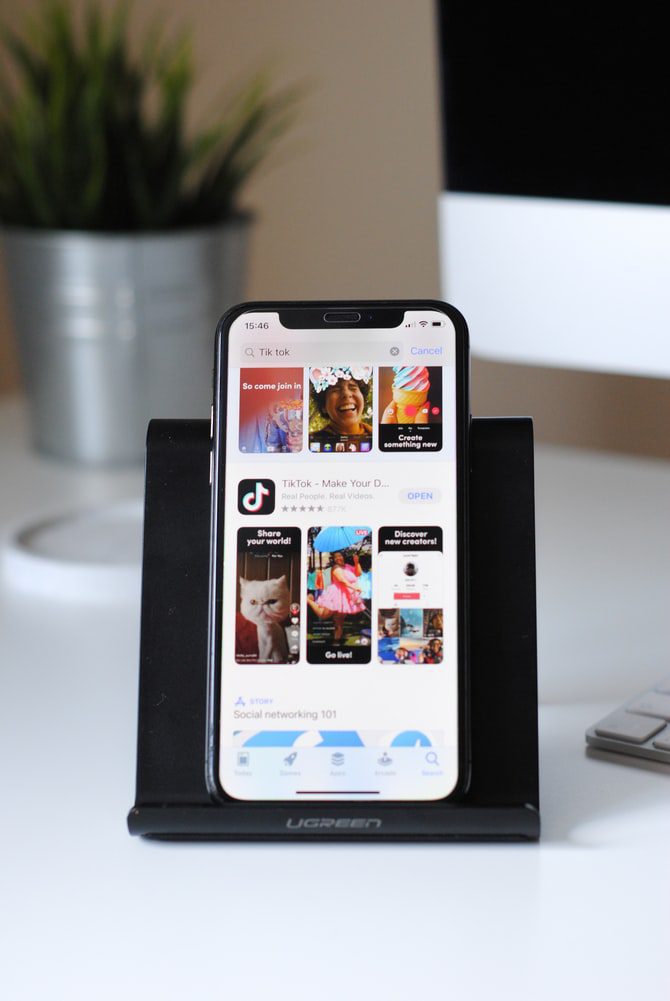
Cons
It’s expensive.
Developing an app is expensive, end of story. Not only is it the initial expense but it’s also costly and time-consuming to fix any issues and do updates. Doing updates comes with its own set of problems as once an update is complete, you need to work on a marketing strategy to encourage the user to download the latest version. For this reason, it’s easier for a large business to develop apps but if you are a start-up, it may be daunting putting all your financial eggs in one basket.
It needs many versions.
Building an app requires different versions for different operating systems, meaning that you are essentially building more than one app. iOS, Android and Microsoft all require different specs and versions in order for the app to be compatible on their devices. This is not only an entire expense on its own but a lot of work too.
It’ll take a lot of convincing.
You have to make sure that your marketing strategy is really strong as it takes a lot of convincing to get someone to choose to download your app out of all the rest of the options out there. Only a handful of people install apps that they will actually use and if the functionally of the app is the same as the website, you’ll probably find it will be hard to convince them to download it, to begin with. Installing an app takes time, effort and takes up actual space on a mobile. Speak to us about how we can help you with a strong marketing strategy.
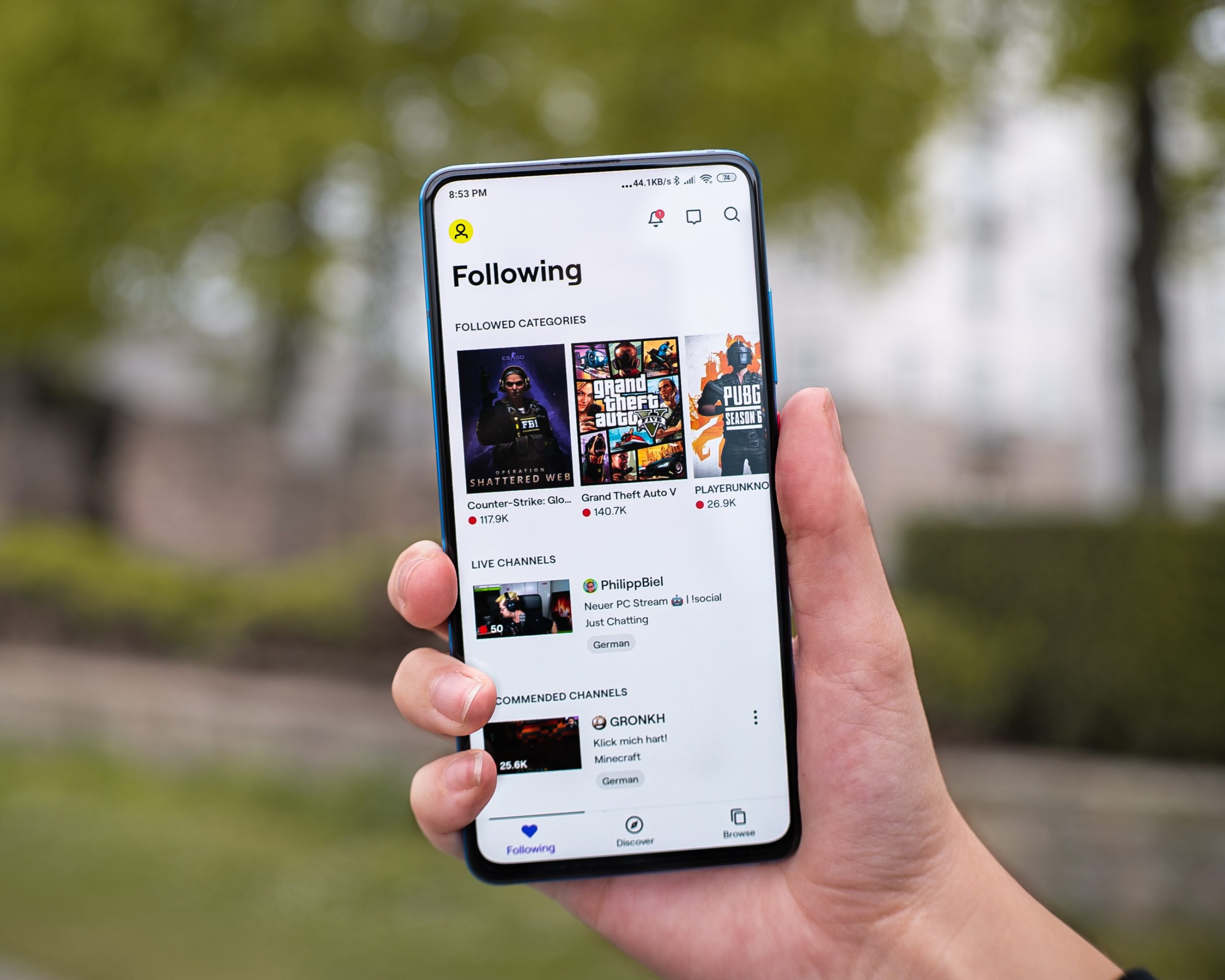
Now that we’ve had a look at apps and seen that they have many of the same (and more) functionalities as a website, let’s see what websites can bring to the table.
Websites

Pros
It’s cost-effective.
Chances are you already have a website to begin with, so you will save a huge expense on trying to navigate your way through developing an app. If you don’t have a website already, there are many simple ways to build a free website on platforms such as Wix, Shopify and WordPress depending on the type of small business you own.
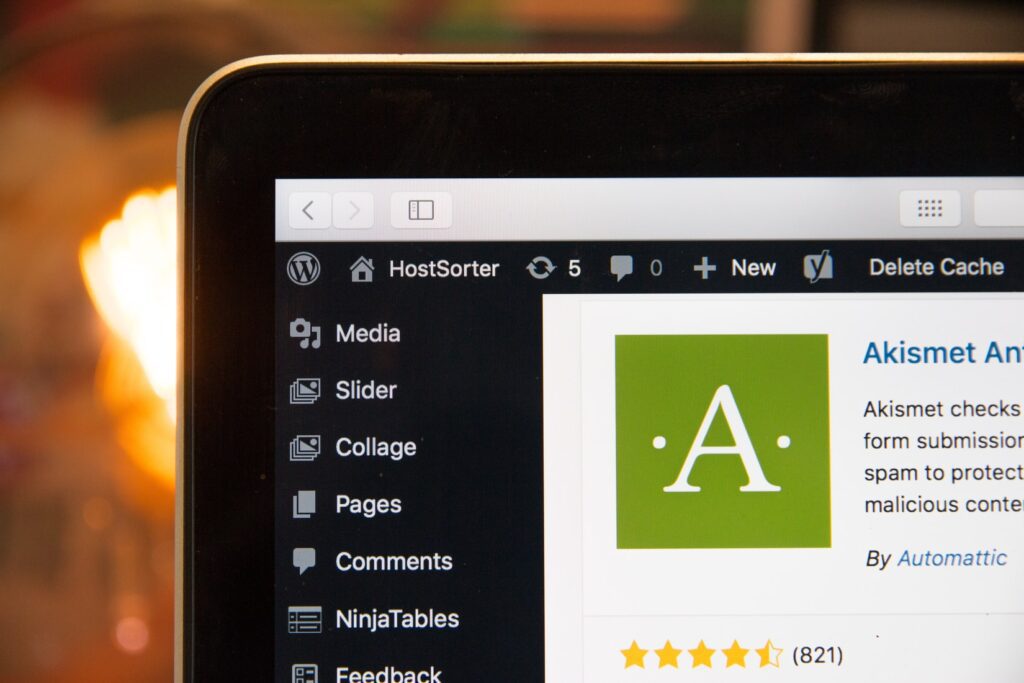
It’s easier to find.
Your website can be found at the click of the button without much research from the user! It’s much easier to make your brand visible online than on an app by implementing SEO efforts such as blogs with keyword research, search ads and remarketing strategies.
It has a broader reach.
A website is able to reach anyone, anywhere without any limitations. The web world is your tech oyster! You are not limited by waiting for people to go through the effort of downloading an app.

It’s easier and less costly to maintain.
The costs of running updates, fixing bugs and doing a general audit of your website is much easier to do as you’re running it on a single version, instead of multiple operating systems. The changes can be implemented efficiently and can be seen immediately without much testing required.
Cons
It needs connection.
Just like humans, websites need connections too! The biggest downfall of a website is that you need a stable Internet connection in order for it to operate at its full potential.
It can’t leverage off functions.
Unlike apps, websites can’t leverage off the functions of the device it’s operating on which makes it less convenient when you are trying to complete a task. It can also be hard to navigate a website on a screen with a small device which can lead the user to feel frustrated and then leaving the site. As mentioned, multiple times in this blog, if your website isn’t optimised for mobile, you’re missing out on an entire untouched audience.

It’s impersonal.
While a pro is that you are able to reach a much broader audience than an app, you lose the personal touch of being able to define, speak and target a certain nice market. You are left shooting from the hip as you are never really too informed about who is exactly visiting your site and what their preferences are to be able to target better.
And so, the question remains, will websites become obsolete?
Well, right now, websites still have a place in the marketing toolkit. And apps aren’t right for every brand. There is no right or wrong answer and it’s a hot topic among many small business owners and the question remains, will websites become obsolete?
We would suggest that you should look at your business goals, objectives, budget, necessary features, and the type of audience you are looking to attract before making a decision on which option is the best for you. If your goal is to get as much of your content out to as big of an audience as possible, then having a mobile-optimised website will suit you just fine. If you are looking to interact, communicate and engage with a defined audience, then an app is probably for you!
For more informative blogs like this one head over to our blog page and let us know on our social media pages which one you enjoyed most!



